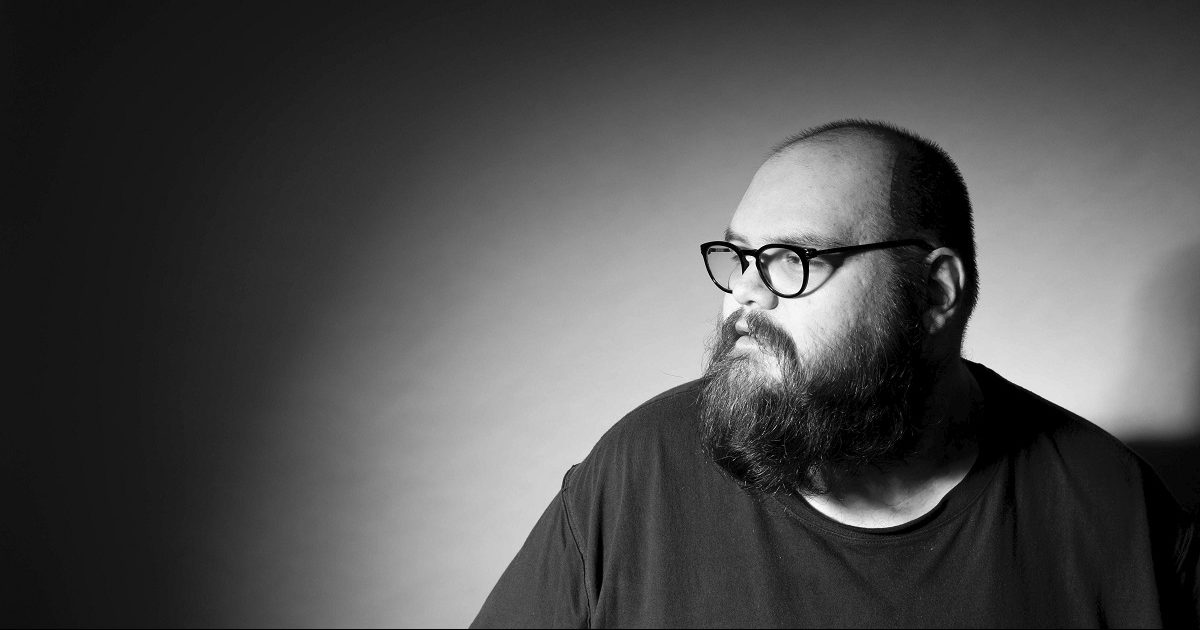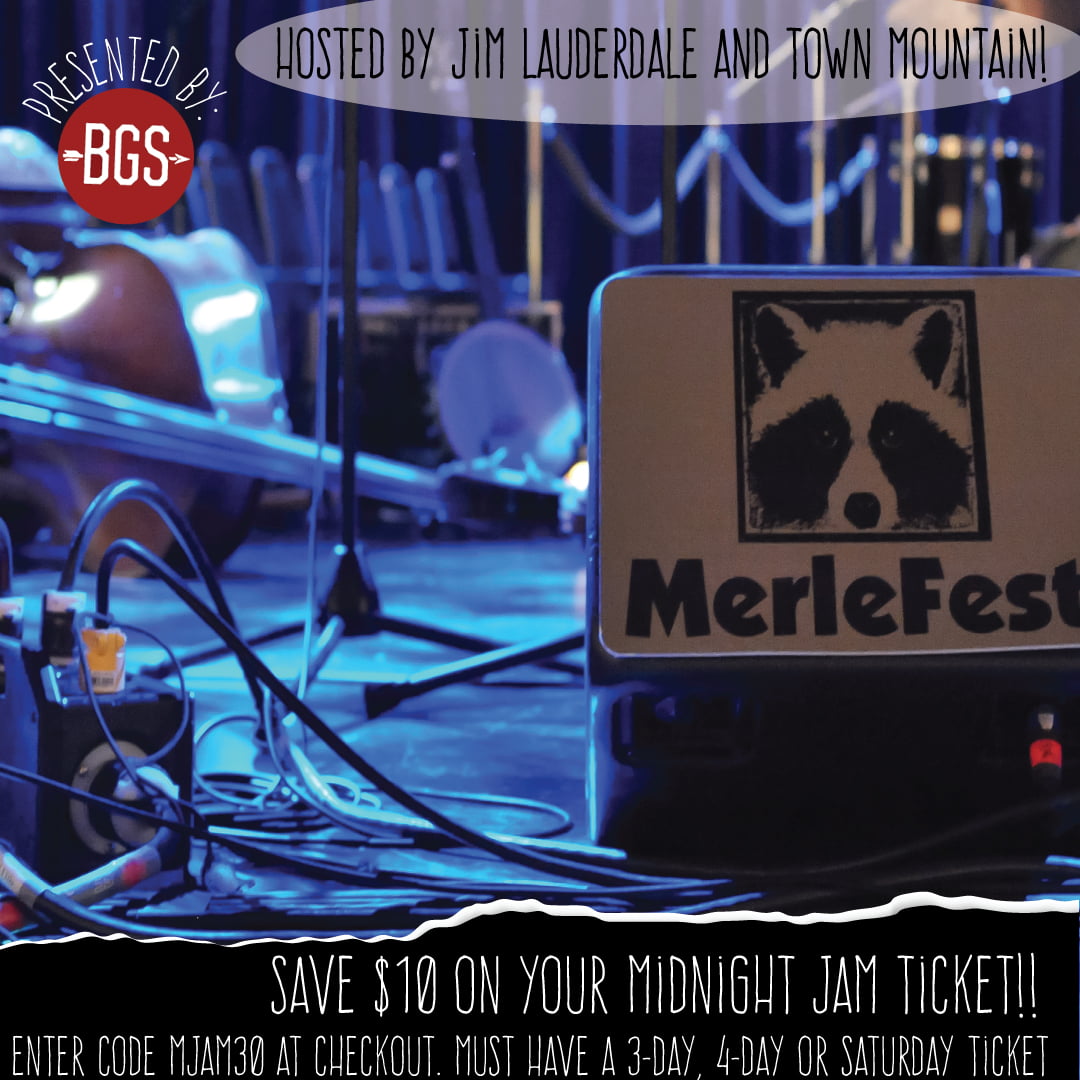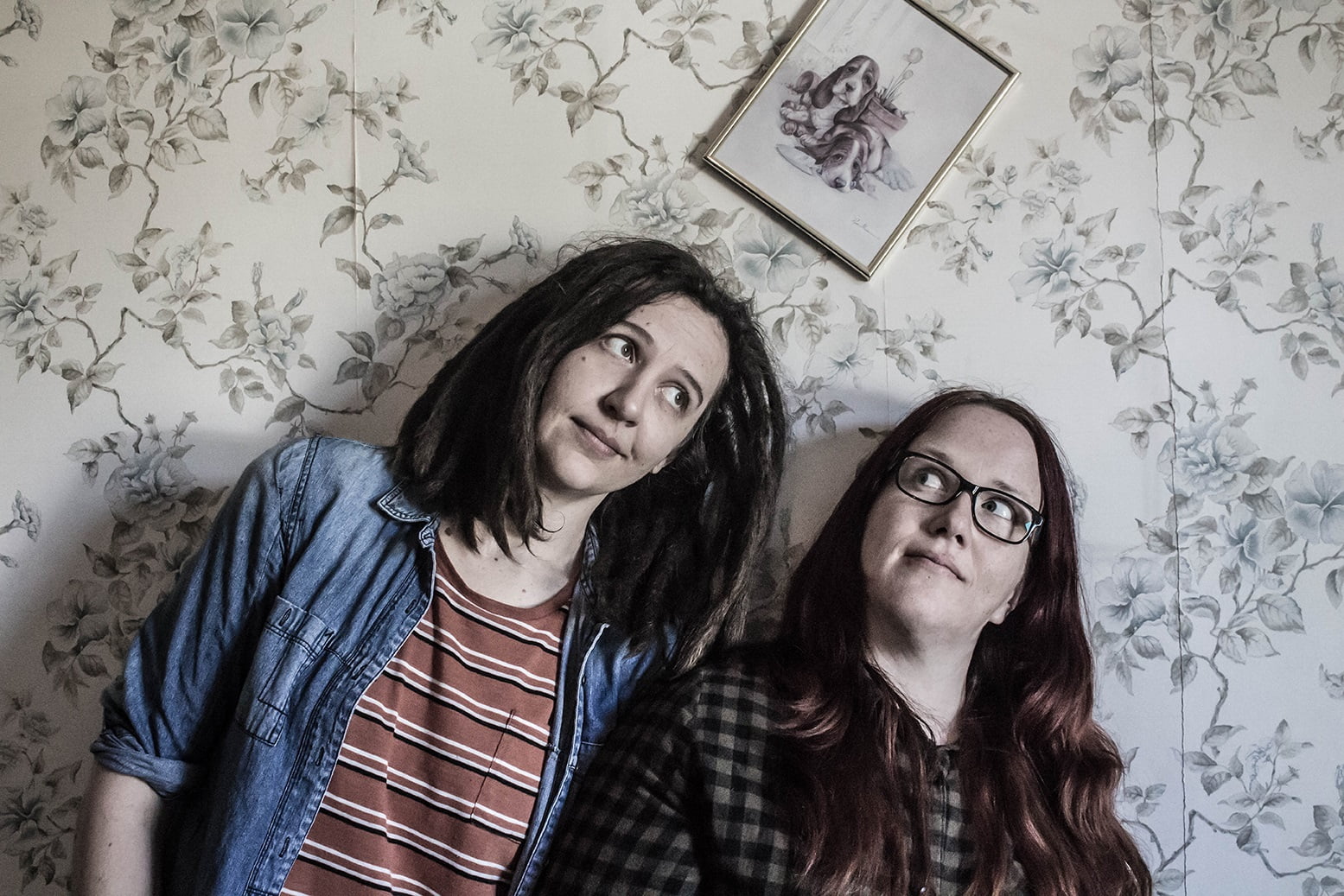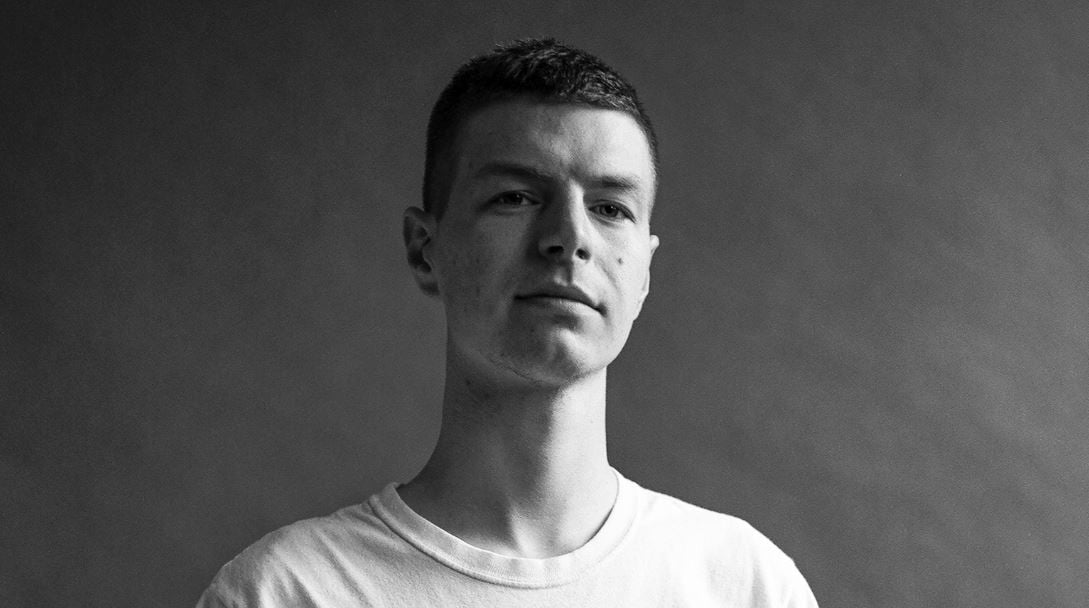Turns out there are drawbacks to any career – even when it’s your dream job – and you can confirm that with dark-folk favorite John Moreland.
After winning widespread acclaim on the strength of his devastatingly direct songcraft, often by casting an unflinching eye toward himself, it’s a truth the prolific writer and soul-mining vocalist has been forced to accept in recent years. Almost a decade into his solo career, rising expectations and a grueling tour schedule weighed so heavily on him Moreland even admits he “fell out of love with music” for a while. But the Oklahoma talent has fought his way back with his fifth solo album, LP5.
“It’s just that when you go from music being your passion and your hobby … to the point where it’s your job now, there’s an adjustment period where you have to figure out, ‘How do I do this?’” Moreland explains. “So I think that’s what the past five or six or years have been for me.”
Moreland feels like he finally has some of it figured out now — or at least is on the right path. He accomplished that partially by exploring new sonic territory with the help of producer Matt Pence (the first time he’s entrusted someone else with his songs), and also through hard-won personal growth, eventually deciding to treat himself a little better. Building off that foundation with tasteful drums, quirky synth embellishments, and whirring beds of B3 organ, what emerged on LP5 preserves the thought-provoking beauty of his stark songwriting, but adds a layer of intrigue … and perhaps, hope.
BGS: Music is such an outlet for you. How much did it bother you that you basically didn’t enjoy it anymore?
Moreland: Well, it was definitely a bummer. Writing music has always been the way I express myself, but it started to become harder and harder to do. It was like, if it’s just me sitting down with an acoustic guitar, there’s only so much I can do before it starts to feel like “OK, I’ve written this song 10 times already.” So it took messing around with some other instruments to get the creativity flowing again.
Did that feeling creep up on you, or come all at once?
I think it kind of crept up gradually. It just got more and more difficult to write and be creative, and then all of a sudden one day it was like, “Wow, I hate everything I’m coming up with.” I just needed a new context to see it in.
For LP5, you ultimately teamed up with a producer for the first time, and the textures and layers you and Matt Pence created are really interesting, but they don’t overwhelm the songs. What was the approach going in?
When I was writing the songs, like I said it got to the point where I needed to mess around with some other instruments in order to give the acoustic guitar and my voice a new context to live in. I was messing around with different drum machines and samplers, different pedals, getting different sounds at home, and that’s how we did the demos. … [Then in the studio] it was all pretty intuitive. We didn’t really talk about anything. We recorded the basic tracks like guitar, bass and drums together, and then we had a few days where me and Matt and John Calvin went crazy on overdubs. It was just flying by the seat of our pants, like “You wanna play synth on this song?” Or “You wanna put the Wurlitzer on this?”
Have you always played a lot of different instruments? If so, why haven’t we heard it in your previous work?
I actually started making hip-hop music when I was a teenager, so I’ve always done that as a secondary creative outlet. Then I stopped doing it for a few years when I started touring more and was busier with my career, and I got back into it when I needed that extra creative outlet. In the past, there were times I thought I’d like to incorporate it into what I was doing with my songwriting stuff, but maybe I wasn’t sure how to do it yet. I think because I feel a lot more comfortable with myself now I’m more open to whatever. If I like it, then it’s good enough to go on the song.
Is any of that hip-hop stuff out there?
No, not really. It’s just kinda my little home-studio hobby that I do.
I’d love to hear what kind of flow you’ve got, John.
[Laughs] Well, I’ve never actually rapped. I just make beats.
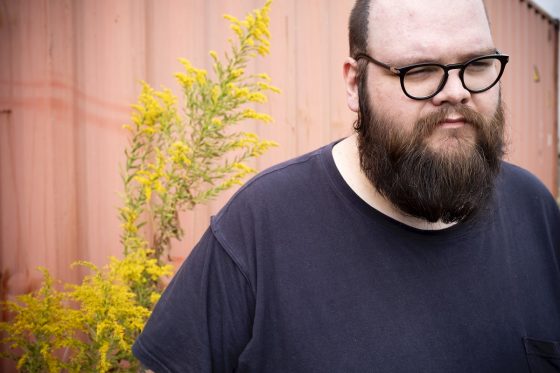
You say you’re feeling more comfortable with yourself, and I know these songs were written during a time when you were trying to be kinder to yourself. What does that look like in your everyday life?
I think it’s just in your thoughts and how you see yourself. I think there’s ways that we’re taught to be cruel to ourselves when we’re kids, and we just do it and think it’s normal. So I feel like I’ve been gaining more of an awareness of that and being able to catch it when I’m doing it, just being more careful and more mindful of how I talk to myself in my head. So it’s not like a big, visible change in my life I guess, but privately I’m in a better headspace because of it.
In “A Thought’s Just a Passing Train,” the central line begins with “I had a thought about darkness.” What were you going through at the time?
That just goes back to being kind to yourself and how it’s all in your thoughts and the way you talk to yourself. I think we place a lot of importance on our thoughts, but they’re not necessarily that important – they’re always just kind of coming and going. I wanted to try to talk about that.
I love the idea of a train as a metaphor for this, since that’s such a part of the country and folk canon. But you’re using it in a very modern setting.
Yeah, thanks. It’s funny, I don’t know if would feel comfortable doing a train-type song unless it was kind of a weird one, you know? [Laughs] I think it would feel a little too traditional to me otherwise.
“I’m Learning How to Tell Myself the Truth” is another interesting one, because to me, your songs have always been about exploring the truth around you. But maybe that’s different than telling yourself the truth?
You know, I think songwriting has always been my attempt to tell myself the truth — or to uncover the truth. So I guess I meant it in more of a personal, everyday life kind of a way. Like, I want to see things the way they are and not delude myself.
Are you getting better at that?
Yeah, I think so, and I think that’s another thing that comes with age and maturity. Hopefully you begin to see things as they are more, and not let things be as colored by your emotions.
The album ends with “Let Me Be Understood,” and that seems important. Why was that the way you chose to go out?
That’s a song that when I wrote it, it just felt like, “Yeah, that should be the last song.” And again, kind of like “Learning How to Tell Myself the Truth,” I think “Let Me Be Understood” is just what the impulse to do this is for me. I just want to understand myself and I want to be understood in the larger context.
To that end, I think this album is at least asking the right questions.
Thank you, that’s all I want to do.
It seems like you’ve learned something about life over these five albums …
Maybe. [Laughs] I don’t know what it is, but maybe I have.
What do you want listeners to get out of this project?
Whatever they can take from it is fine with me. I think I made it because it made me feel good, so I hope it can make somebody else feel good in whatever way they need.
Photos: Crackerfarm

